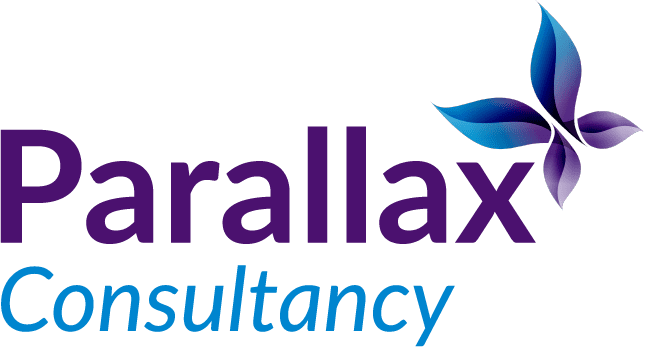Cashflow is at the heart of everything we do in business and in these troubled times it’s more important than ever that we keep abreast of anything that might adversely affect it.
Covid-19 brought with it a fall in economic activity, leaving many firms facing a cashflow deficit, putting them and their employees at risk.
Companies have made some drastic changes to their business models to take into account the fall in income, and for some this has proved a huge success. For others, such changes have not been possible and they have had to tighten their belts while they ride the coronavirus storm.
Whatever your situation, Parallax’s experts can advise on how to keep a handle on cashflow and ensure that your business not only survives, but prospers during the pandemic.
We can offer help and guidance on how to rise to the challenges of Covid-19; how to accurately forecast cashflow, clear debts and access external funding. We can also help with advice on negotiating changes in repayments on borrowing, to ensure you can face the future with a degree of financial security.
Here are 10 tips that you can follow to make things easier in the short term:
- Make sure you complete full checks on customers before agreeing a payment plan. Conduct credit checks to establish their record for regular payments.
- Instead of making substantial investments in new machinery or equipment, consider leasing. As well as avoiding a huge initial outlay, there are also tax benefits associated with leasing.
- Offer customers an incentive to pay early – maybe a discount.
- Sell off old stock that is not moving particularly quickly. Even if you sell at a discounted rate, at least it keeps the cash flowing.
- Stay on top of your invoices – send them as soon as possible and have a system in place to chase them up.
- Negotiate better terms with suppliers – they may be willing to offer a discount for a regular, reliable customer.
- Put your prices up – this might seem counter-intuitive, but customers may be prepared to pay the higher price.
- Review your business model – are there any avenues for diversification that could bring in extra cash?
- Keep a robust checking system in place for outgoings and incoming payments. Don’t lose track of those that owe you money.
- Contact your bank or finance provider to see what help is available – maybe you can take a break from repayments or extend your overdraft.
The most important thing is that businesses should stay on top of their finances and always keep an eye out for extra help available. And if you need guidance or advice, our experts are here to help.
Call us on 0161 341 0368, or email info@parallax-consultancy.co.uk. You can also contact us using the form on our website.
